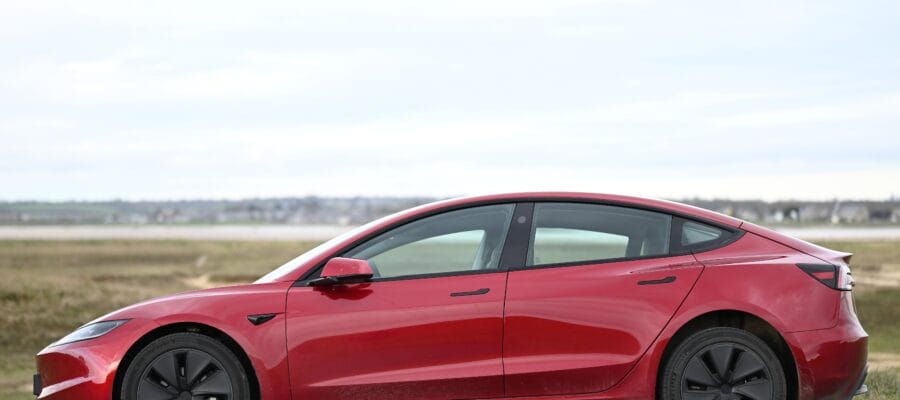Deciding whether to lease or buy a Tesla can be challenging. Each option has its unique benefits and drawbacks. Understanding these can help you make an informed choice. This blog post will explore the pros and cons of leasing versus buying a Tesla. We will also provide tips to save money and enhance your decision-making process.
Jump to...
Understanding Leasing vs. Buying
Leasing a Tesla means you pay to use the vehicle for a set period, typically 24 to 36 months. At the end of the lease, you return the car. On the other hand, buying means you own the vehicle outright after making the full payment. This fundamental difference impacts your finances significantly. For more details, check out this guide on leasing versus buying.
Pros and Cons of Leasing a Tesla
Leasing offers several advantages. First, it typically requires lower upfront costs compared to buying. This can help you save cash for other expenses. Second, monthly payments are often lower, making it easier on your budget. Additionally, leasing allows you to drive the latest models every few years, ensuring access to new technology.
However, leasing has its downsides. You don’t own the car at the end of the lease term, which means no equity built up over time. Furthermore, leases often come with mileage limits, which could lead to extra fees if exceeded. For more insights on leasing benefits, visit this financial analysis guide.
Pros and Cons of Buying a Tesla
Buying a Tesla has its own set of advantages. Once paid off, you own the vehicle without any monthly payments. This can lead to long-term savings as you avoid ongoing lease payments. Additionally, Teslas tend to hold their value well, allowing for a good resale price if you decide to sell later.
On the flip side, buying requires a larger upfront investment and higher monthly payments if financed. This can strain your budget initially. Moreover, owning a vehicle means you’re responsible for all maintenance costs after warranties expire. To learn more about buying benefits, check out this detailed blog post.
Financial Implications: A Detailed Breakdown
When analyzing costs over time, leasing might seem cheaper initially due to lower payments and upfront costs. However, if you plan to keep your Tesla for many years, buying could be more economical in the long run.
For example, consider leasing a Tesla Model 3 at $499 monthly with a $4,500 down payment for three years versus buying it at $899 monthly with a $6,000 down payment over five years. While leasing may save money short-term, owning eliminates payments after the loan term ends.
This financial breakdown shows that while leasing offers immediate savings, buying may provide better value over time. For further financial insights, visit this comprehensive comparison.
Tax Benefits: Leasing vs Buying
Both leasing and buying Teslas come with potential tax advantages. When leasing, businesses can often deduct monthly payments as business expenses, which can reduce taxable income significantly.
If you buy a Tesla, you may qualify for federal and state electric vehicle tax credits that can lower overall costs substantially. Understanding these tax implications is crucial for making an informed decision.
Maintenance Considerations
Maintenance is another critical factor in your decision-making process. Leased Teslas usually come with warranties that cover repairs during the lease term. This can save you money and reduce worries about unexpected repair costs.
If you buy a Tesla, however, you’ll need to consider long-term maintenance expenses once warranties expire. Therefore, evaluate how much maintenance you’re willing to manage when choosing between leasing or buying.
Your Driving Habits Matter
Your driving habits play a significant role in determining whether leasing or buying is better for you. If you drive frequently or have long commutes, purchasing may be more beneficial due to mileage limits on leases.
If you’re someone who enjoys having the latest technology or drives less than average mileage each year, leasing could be an ideal choice for you.
Conclusion on Leasing vs. Buying a Tesla
Ultimately, whether to lease or buy a Tesla depends on your unique circumstances and preferences. If lower monthly payments and frequent upgrades appeal to you, leasing might be the best option.
If long-term savings and ownership are more important to you, then buying could be the right path forward.
By carefully considering all factors discussed in this post—financial implications, tax benefits, maintenance needs—you can make an informed decision that aligns with your lifestyle and budget.
